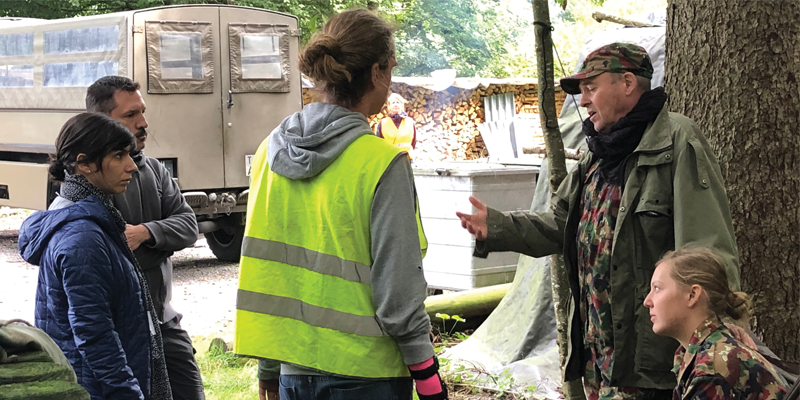Business and Private Diplomacy: A Potential Catalyst for Sustainable Peace

Business and Private Diplomacy: A Potential Catalyst for Sustainable Peace
Key Points
- Long considered a natural partner for peace through economic diplomacy and bilateral trade agreements, business has increasingly become ignored or demonised.
- The private sector comprises a wide diversity of organisations and is the part of the economy that is not run by a state, but by individuals and companies for profit.
- Small businesses/micro-companies serve as a good starting point for a conflict resolution process because they often constitute the only form of economic activity in a conflict zone.
- MNCs have a range of options to respond to conflict, but cannot openly take part in conflict resolution and peacebuilding initiatives, and rarely become involved officially. Track Two diplomacy is their more likely area of involvement.
- The United Nations has frequently supported the view that the private sector can be a powerful agent of change. However, the UN still engages only two players in conflict resolution and peacebuilding: civil society/NGOs and armed actors. UN peace operations have never been expressly mandated to consult with business or use its influence to build peace.
- Combining the resources, expertise and leverage of all possible actors would produce a more formidable force for peace. World affairs would benefit from integrating the private sector into a new UN system of governance; new routes are possible for a truly inclusive approach, recognising the business sector’s positive contribution to sustainable peace through informal mediation and collaborative engagement.
Ms Misha Nagelmackers-Voïnov started her career with Credit Suisse in Zurich and subsequently took on responsibilities in Lausanne, Paris and New York. She then worked for Royal Dutch Shell in London as part of its CSR change program before switching to South African conglomerate Anglo American plc in London. Shortly after the birth of her third son, she joined BCGE, the Geneva state bank (CH) as Director of Corporate Affairs & Investor Relations and associate member of the bank’s executive board. Misha holds an Executive Master in International Negotiation and Policy-Making from the Graduate Institute in Geneva. She previously studied Journalism and Media Law at the University of Fribourg. Misha is a member of Woodz Public Affairs and an Executive-in-Residence with GCSP.

